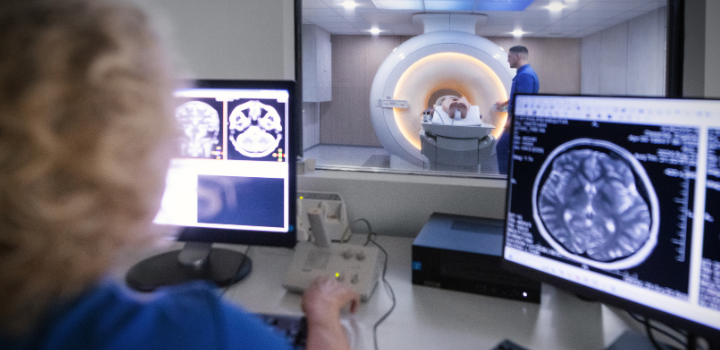Could ‘digital’ smell training restore your sense of smell?
By: Communications

Researchers at the University of East Anglia (UEA) are launching a ground-breaking project to improve the lives of people affected by smell disorders.
They will investigate our understanding of peoples' underlying reasons, opinions, and motivations to engage with digital smell training over time.
They are looking for six people affected by smell disorders and 6 healthy people to take part.
Smell disorders affect around a quarter of the population, with higher prevalence among older people.
Smell training, a type of smell care, now has several studies showing it can help recover smell function. But existing methods involve cumbersome tools such as pens soaked in smells or jars of essential oils.
The introduction of a smell delivery device and digital app-based solution promises to streamline the process, making it more accessible and user-friendly.
Prof Carl Philpott, from UEA’s Norwich Medical School, said: “Smell training involves sniffing a range of different odours every day for several months. It has emerged as a simple and side-effect free treatment option for various causes of smell loss.
“It aims to help recovery based on neuroplasticity - the brain’s ability to reorganise itself to compensate for a change or injury.
The new digital device developed by OWidgets- Smell Made Digital, works by releasing a set of six smells, controlled by the user through a companion App. They then need to rate the intensity of the smell on the app.
Prof Philpott said: “We know that smell disorders can really impact people’s lives.
“Our previous research has shown that people with smell disorders report high rates of depression, anxiety, isolation and relationship difficulties.
“It can disrupt almost every aspect of life - from everyday concerns about personal hygiene to a loss of sexual intimacy and the break-down of personal relationships.
“So, we really hope that this cutting-edge technology may help people in engaging with smell training towards regaining their sense of smell.”
The team are looking for people aged between 45 and 55 with smell disorders (except for total anosmia, total parosmia, and phantosmia), to take part – as well as people aged between 65 and 75 with no or minor smell disorders.
They will receive a digital smell care device and encouraged to complete two five-minute smell training sessions daily at home for six months.
In return for taking part, participants will receive a £100 shopping voucher.
For more information contact smellcareuk@gmail.com.
Related Articles

UEA launches study after supplement shows promise in professional racing drivers
Researchers at the University of East Anglia (UEA) are launching a new study to see whether American ginseng extract could boost brain health.
Read more
UEA to receive share of £15 million funding boost for region
University of East Anglia researchers have been awarded a share of £15.3 million to tackle real-world health and care challenges across the region and beyond.
Read more
MRI scan breakthrough could spare thousands of heart patients from risky invasive tests
Doctors may soon be able to tell just how sick a heart failure patient really is by using a routine MRI scan, thanks to new research from the University of East Anglia (UEA).
Read more